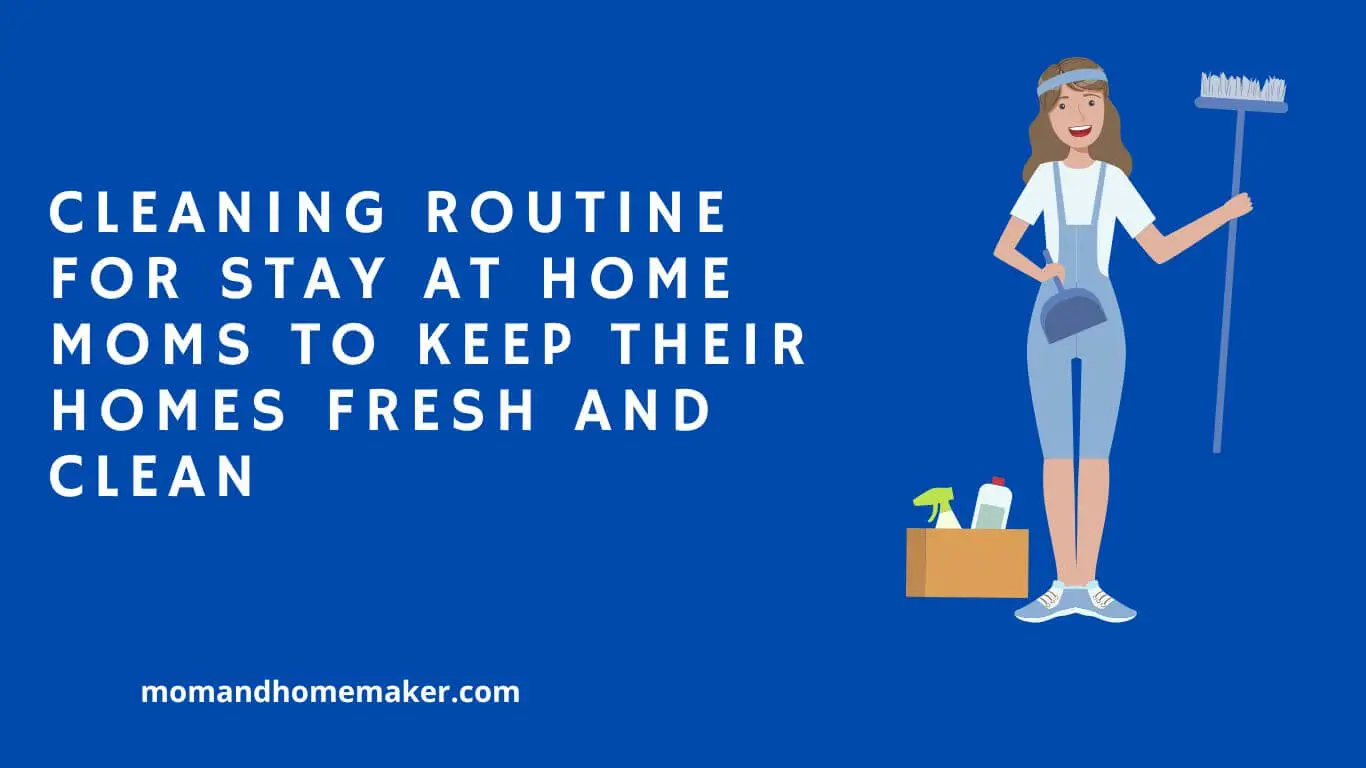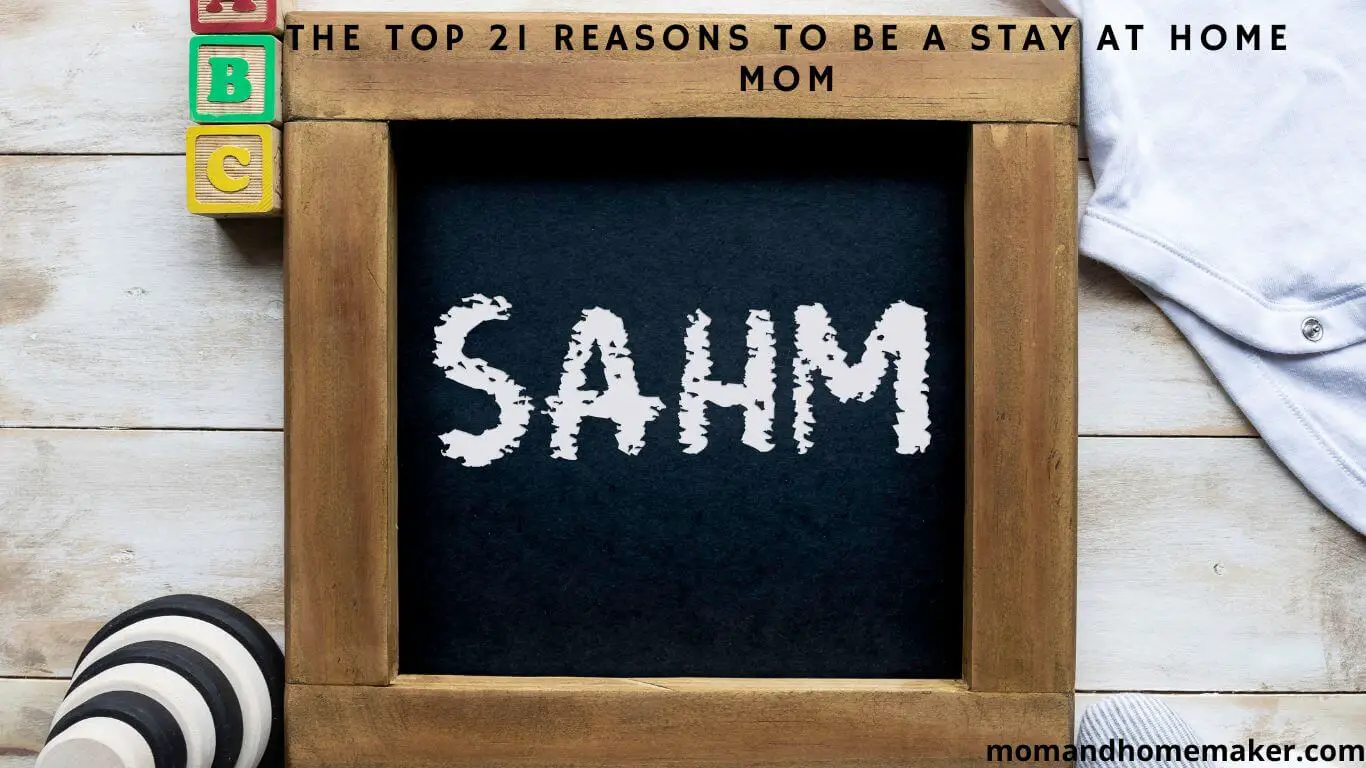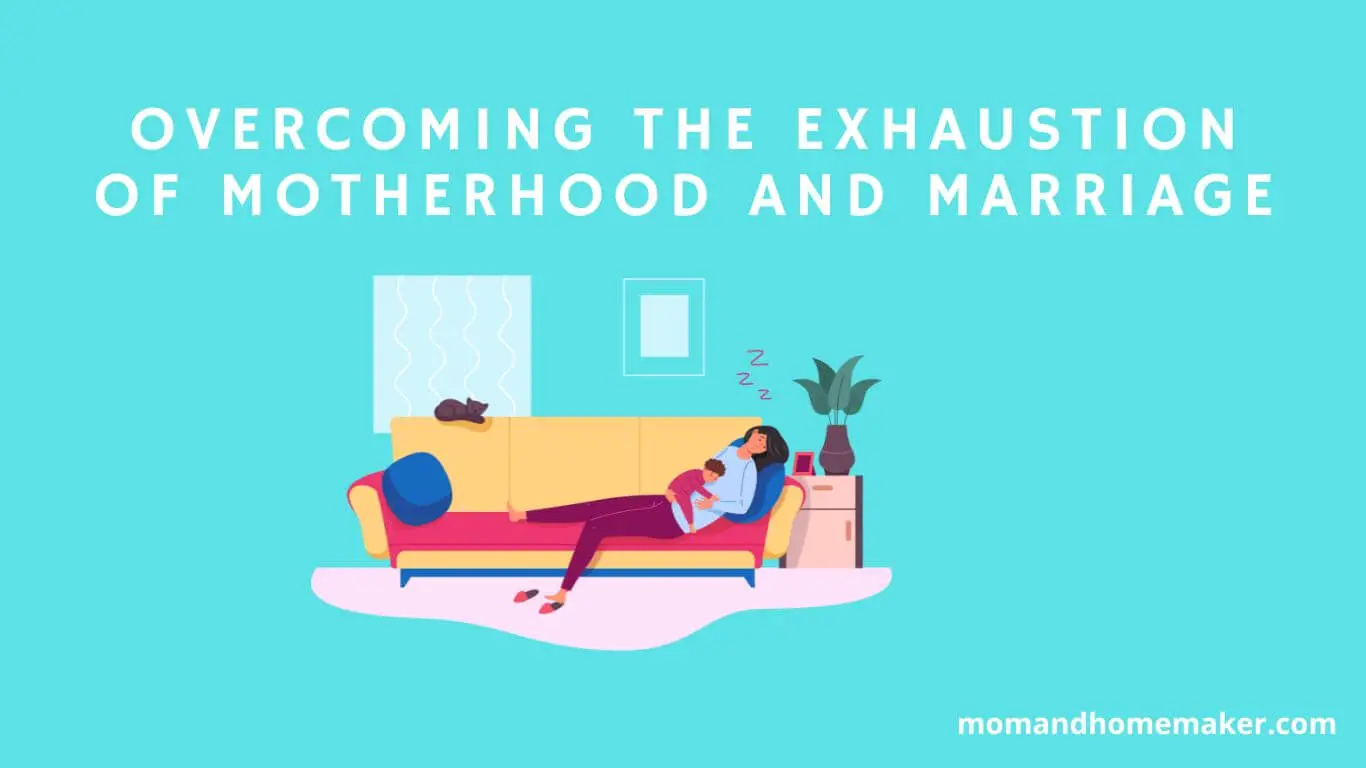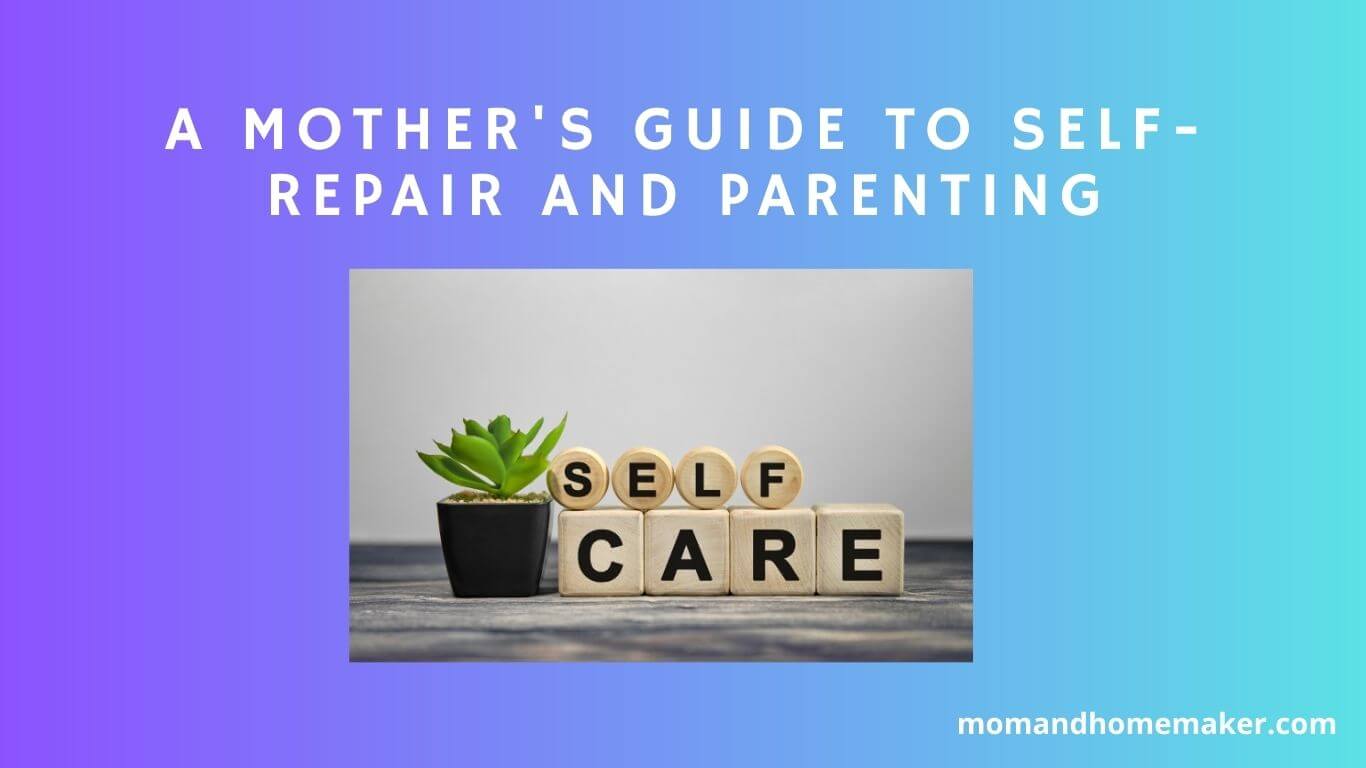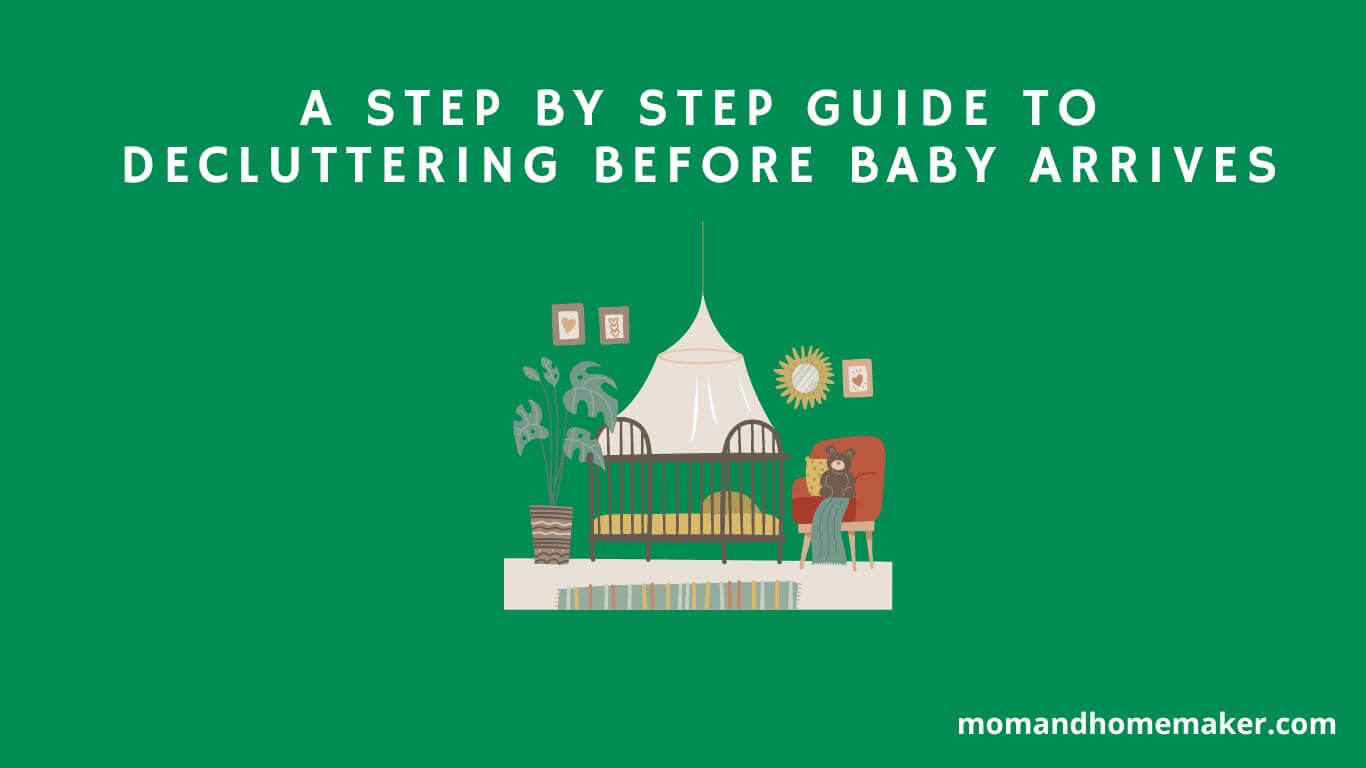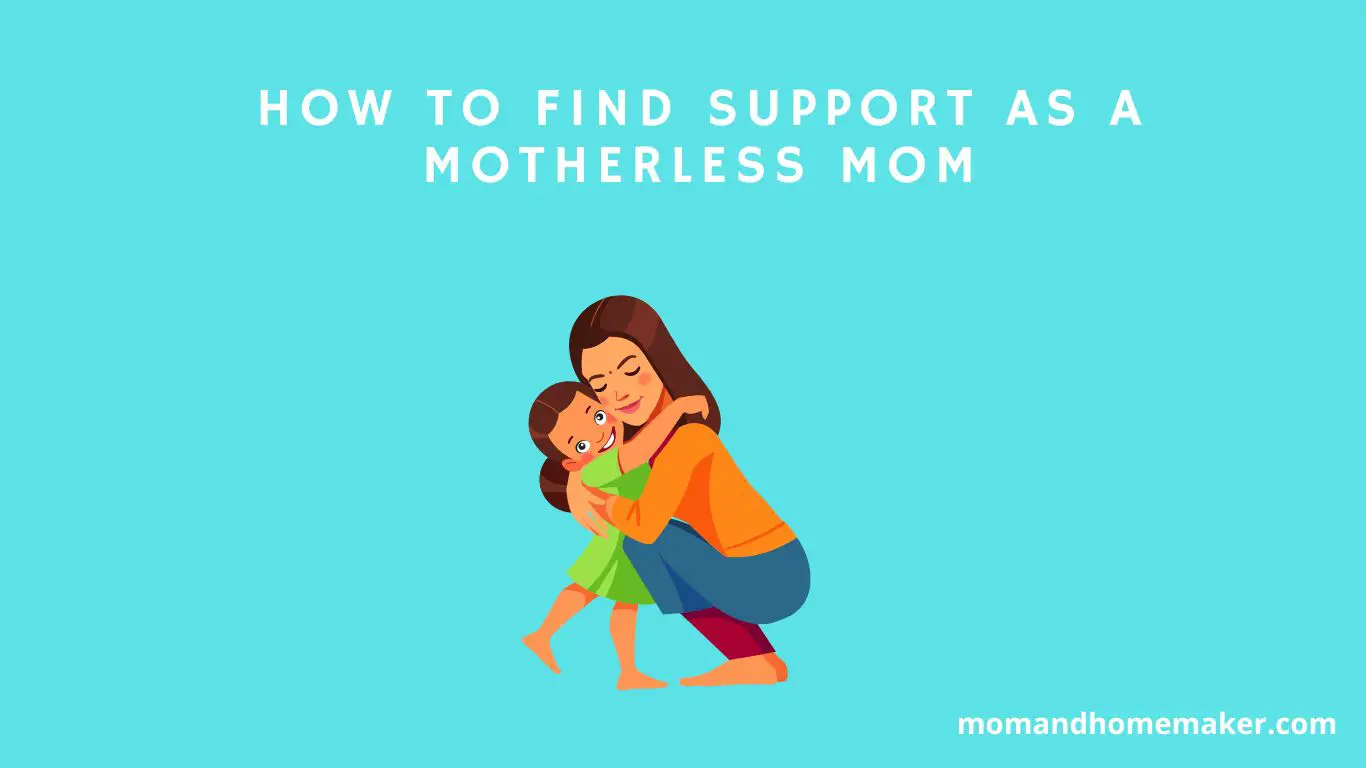In today’s changing society, the role of a stay-at-home mom is being reexamined to fit modern family dynamics. The traditional term that once defined a mother’s primary caregiving role is evolving to be more inclusive and reflective of the diverse responsibilities within families.
With shifting perceptions of gender roles and parenting duties, there is a growing necessity to find a new label that accurately represents the essence of caregiving in today’s complex households.
Stay tuned as we delve into the emerging terminology that seeks to redefine and celebrate the invaluable contributions of those who manage the home and family life.
Changing Perceptions of Homemakers
As a stay-at-home mom, you may have noticed a change in how society views homemakers. Recently, there’s been a significant shift in the perception of homemakers, leading to empowerment and a challenge to traditional gender roles.
Society is now recognizing the value and importance of domestic responsibilities and the role of homemakers in nurturing families and creating a stable home environment.
These changes have brought about a new level of respect and appreciation for the work that stay-at-home moms do. Homemaker empowerment is growing as more people acknowledge the dedication, hard work, and sacrifices involved in managing a household and caring for a family.
The outdated idea that staying at home signifies weakness or lack of ambition is giving way to a more enlightened understanding of the crucial role that homemakers play in society.
Stay-at-home moms need to embrace this evolving perception and take pride in their role as homemakers. By recognizing the significance of their domestic responsibilities, they contribute not only to their family’s well-being but also to the larger societal shift towards valuing the work of all caregivers.
Embracing this empowerment, continue to serve your family with love and dedication, knowing that your role is essential and deserving of respect.
Rethinking Stay-At-Home Parenting
In today’s evolving society, it’s crucial to reassess the dynamics of stay-at-home parenting to align with changing family structures and societal norms. Gender roles and domestic responsibilities are shifting, challenging traditional norms. Understanding these changes is essential to support stay-at-home parents and their families effectively.
One key challenge is balancing responsibilities between partners. Open communication is vital to establishing clear expectations and dividing tasks equitably. Additionally, societal expectations need to be addressed by embracing individual choices and paths, rather than conforming to outdated norms.
Prioritizing self-care and personal development can nurture personal growth and fulfillment for stay-at-home parents.
As dual-career households and non-traditional family structures become more common, the roles and responsibilities within the home require reevaluation. Stay-at-home parents play a crucial role in shaping children’s lives and contributing to family well-being.
By adapting to the changing dynamics of parenting through flexibility and open communication, families can navigate challenges with resilience.
Rethinking stay-at-home parenting becomes a journey of self-discovery and empowerment in today’s evolving society, where embracing change is key to thriving as a family unit.
Redefining Domestic Role Models
To redefine domestic role models effectively, we must embrace diverse perspectives and challenge traditional stereotypes within family dynamics.
Nowadays, there’s a noticeable shift towards more progressive homemaking roles and gender-neutral caregiving titles. It’s essential to acknowledge and appreciate the contributions of all individuals within the household, irrespective of gender or traditional roles.
Empowered domestic influencers play a crucial role in shaping the future generation. By embracing inclusive parenting identities, we can inspire others to recognize the value in all forms of caregiving and household responsibilities. Encouraging open discussions within our communities about the significance of diverse roles within families is key.
We should challenge ourselves to break free from outdated stereotypes and norms. Embracing the notion that anyone can be a caregiver, a homemaker, or a provider, regardless of gender, is empowering. By doing so, we not only empower ourselves but also pave the way for a more inclusive and accepting society.
Contemporary Motherhood Labels
Let’s delve into the changing landscape of modern motherhood labels and how they shape societal perceptions.
Today, the terms used to describe mothers are influenced by parenting styles, gender roles, and individual identities. These labels showcase the diverse approaches mothers take in raising children and challenge traditional gender norms by recognizing their roles in the workforce and society.
Using empowering language can boost mothers’ confidence and self-worth, fostering a positive self-image. Inclusivity and diversity in motherhood labels create a supportive environment for all mothers, regardless of their backgrounds.
The evolution of these labels reflects society’s shifting attitudes towards motherhood, promoting a more open-minded and progressive view that celebrates individuality and diversity.
Modern Homemaker Terminology
In the realm of contemporary homemakers, there’s been a notable shift towards more inclusive and empowering terminology to describe their roles. Today, individuals excelling in managing domestic responsibilities and embracing modern homemaking trends are celebrated for their valuable contributions to family life.
As a modern homemaker, your role in creating a nurturing environment for your family and ensuring the smooth functioning of your household is crucial.
Let’s compare traditional and modern terminologies to understand the evolution of language:
- Housewife is now referred to as Home Manager, emphasizing the organizational skills required to manage household tasks effectively.
- Stay-at-home parent is now called a Family Caretaker, reflecting a broader scope of responsibilities that include caring for the family’s overall well-being.
- Domestic engineer is now known as Household CEO, highlighting the leadership and decision-making skills needed to efficiently run a household.
- Homemaker is now termed a Home Strategist, focusing on the strategic approach homemakers take to maintain a harmonious and functional home environment.
These modern terms not only recognize the diverse skills and efforts involved in modern homemaking but also present the role in a more professional and empowered light. By embracing these updated terminologies, you affirm the significance of your role as a modern homemaker in today’s dynamic family dynamics.
Evolving Family Caregiver Titles
Family caregiving roles are evolving, leading caregivers to adopt new titles that better describe their wide range of responsibilities and contributions within the family. In today’s shifting family dynamics, caregiver titles are changing to encompass the full extent of their roles and duties.
- Family Support Specialist: This title highlights the caregiver’s essential role in offering emotional, practical, and physical support to family members in need.
- Household Manager: Recognizing the organizational and managerial aspects of caregiving, this title acknowledges the caregiver’s crucial role in ensuring the smooth operation of the household.
- Senior Care Coordinator: Designed for those caring for elderly family members, this title emphasizes the caregiver’s responsibility in coordinating medical appointments, medications, and overall well-being.
- Child Development Facilitator: Tailored for caregivers of children, this title underscores the importance of guiding and nurturing children’s growth and development.
- Family Wellness Advocate: Encompassing the caregiver’s role in promoting the overall well-being and harmony of the family unit through various means.
These evolving titles not only acknowledge the diverse caregiver responsibilities within family dynamics but also honor the dedication and love with which caregivers fulfill their roles. By embracing these new titles, caregivers affirm the value they bring to their families and communities.
New Definitions of Maternal Role
The role of mothers is evolving in today’s families, reflecting changing societal norms and expectations. Parental responsibilities and maternal duties are expanding to include a wider range of caregiving and nurturing tasks.
As a caregiver, you’re now seen as a multifaceted individual who provides not just physical care but also emotional support, educational guidance, and moral development to your children.
In contemporary society, parental roles are moving beyond traditional gender norms, emphasizing the importance of shared responsibilities between partners.
As a mother, you play a crucial part in shaping your children’s values and beliefs, fostering qualities like empathy, resilience, and responsibility. Your influence goes beyond the confines of the home, contributing to the fabric of society.
The modern maternal role also involves advocating for your children’s rights, creating a safe and nurturing environment for their growth, and promoting their independence and self-esteem.
By embracing these expanded maternal duties, you aren’t only fulfilling your role as a caregiver but also empowering the next generation to become compassionate and conscientious individuals.
Current Stay-At-Home Guardian Terms
Stay-at-home guardians are adopting new titles that reflect their expanding roles within the family. As a home guardian, you have a pivotal role in shaping your children’s lives and fostering a supportive family environment.
Here are some updated terms that capture the essence of modern parental responsibilities:
- Family Manager: Responsible for overseeing daily household operations, including scheduling and managing finances.
- Domestic Engineer: Showcasing the strategic planning and problem-solving skills needed to maintain a well-functioning home.
- Childcare Specialist: With expertise in nurturing and guiding children’s development, you’re dedicated to their well-being.
- Home CEO: Emphasizing the leadership and decision-making responsibilities you have within the family unit.
- Chief Parenting Officer: Signifying the crucial role you play in setting the tone for parenting decisions and strategies in your home.
These titles reflect the diverse and demanding tasks that stay-at-home guardians undertake daily to create a harmonious and thriving family environment.
Updated Caretaker Nomenclature
When considering updated caregiver terminology, it’s important to acknowledge the changing roles and responsibilities within the realm of caregiving. Caregiver empowerment is a key focus, recognizing the valuable contributions of individuals who dedicate themselves to caring for others.
Society’s shifts have shed light on the diverse nature of caregiving roles, emphasizing the need for inclusive language that represents the various individuals involved in these responsibilities.
Moving towards gender-neutral caregiving terms is a step towards inclusivity and progress. Language plays a significant role in shaping perceptions and attitudes. By using language that’s free from gender biases, we create a more welcoming and respectful environment for all caregivers.
Terms like ‘caretaker,’ ‘guardian,’ or ‘care provider’ can encompass the broad range of individuals engaged in caregiving, regardless of gender.
In navigating the complexities of caregiving in today’s society, it’s crucial to be mindful of the language we employ. By promoting gender-neutral and inclusive terminology, we not only acknowledge the diverse landscape of caregiving but also foster a sense of unity and equality among all individuals involved in this noble pursuit.
Let’s embrace these linguistic changes as we strive for a more compassionate and understanding community.
Reimagining Household Managers
In light of the changing dynamics in modern households, there’s a growing interest in reimagining the role of household managers. It’s essential to consider household innovation and the evolving landscape of management.
The leadership within a household plays a crucial part in shaping family dynamics, underscoring the need to adapt effectively to these changes.
Rethinking Household Management
- Utilizing Technology: By incorporating smart home devices, tasks can be streamlined and productivity enhanced.
- Flexible Scheduling: Implementing flexible work hours can assist in balancing work and household responsibilities efficiently.
- Continuous Skill Development: Encouraging ongoing learning and upskilling empowers household managers to meet evolving needs effectively.
- Promoting Collaboration: Fostering teamwork within the household can increase efficiency and create a harmonious atmosphere.
- Prioritizing Self-Care: Emphasizing self-care is vital for household managers to maintain well-being and manage daily tasks effectively.
21st Century Parenting Identities
In the ever-changing landscape of family structures and dynamics, it’s important to embrace the diverse range of 21st-century parenting identities that reflect these shifts.
Parenting roles and gender norms have evolved significantly, giving rise to a variety of parenting identities beyond traditional expectations.
Understanding the spectrum of parenting identities is crucial to appreciating the different approaches individuals take to parenthood in today’s world. Here are some examples of diverse parenting identities in the 21st century:
| Parenting Identity | Description |
|---|---|
| Helicopter Parenting | Highly involved in child’s life, sometimes excessively |
| Free-Range Parenting | Fosters independence and exploration |
| Co-Parenting | Sharing parenting duties after separation |
| Single Parenting | Sole responsibility for raising children |
Each of these identities plays a significant role in shaping children’s upbringing and contributes to the fabric of society. By recognizing and acknowledging the nuances of these parenting roles, we can better support families in nurturing the next generation.
As we navigate the complexities of modern family dynamics, it’s essential to value the diverse parenting identities that exist and their impact on children’s growth and development. Embracing these varied roles fosters a more inclusive and supportive environment for families of all kinds.
Conclusion
The term for stay-at-home moms is evolving to reflect the changing roles and responsibilities of modern parents. As society progresses, the labels we use to describe those who care for their families also change.
Just like fine wine, parenting roles improve with time. Embrace the journey of motherhood, regardless of the title you’re given!


